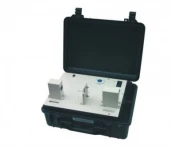Description
The Interspec 301-X Portable FTIR Spectrometer is a state-of-the-art analytical instrument designed for precision and versatility in various spectroscopic applications. Its compact and portable design allows for seamless integration into both laboratory and field settings, making it an ideal choice for professionals who require reliable and accurate spectral analysis on the go. The spectrometer's open architecture sample compartment offers flexibility, accommodating a wide range of ordinary FTIR accessories to meet diverse analytical needs.
Engineered for high performance, the Interspec 301-X boasts a standard resolution of 1 cm-1, with an optional upgrade to 0.5 cm-1 for enhanced detail in spectral data. The spectrometer covers a broad wavelength range, utilizing KBr and ZnSe optics to provide comprehensive spectral coverage from 7000 to 400 cm-1 and 5000 to 600 cm-1, respectively. This broad range enables the analysis of a wide variety of samples, enhancing the versatility of the device.
The Interspec 301-X is equipped with an 18-bit high-speed data acquisition system, ensuring precise and rapid data collection. Its user-friendly interface is supported by a Windows-based operating system, facilitating intuitive operation and data management. Connectivity is streamlined through a USB 2.0 interface, allowing for easy integration with other devices and data transfer solutions.
Designed with portability in mind, the spectrometer operates on 12 VDC power with a consumption of 30 W, making it both energy-efficient and adaptable to various power sources. Its dimensions, measuring W49xD39xH20 cm, and a weight of 18 kg, make it a compact and manageable tool for professionals who require mobility without compromising on performance.
Portable FTIR/FTNIR Spectrometer Interspec 301-X with Open Optical Path
Specifications
| Standard Measurement Range: | 7000 – 400 cm-1 |
|---|---|
| Max Resolution: | 1 cm-1 |
| Wavelength Range, ZnSe: | 5000 to 600 cm-1 |
| Resolution, Option: | 0.5 cm-1 |
| Sample Compartment: | Open architecture |
| Accessories: | Ordinary FTIR accessories |
| Data Acquisition System: | 18 bit, high speed |
| Operating System: | Windows based |
| Interface: | USB 2.0 |
| Power: | 12 VDC, 30 W |
| Dimensions: | W49xD39xH20 cm |
| Weight: | 18 kg |
Features
- Portable Design: The Interspec 301-X is a compact and portable FTIR spectrometer, ideal for field and laboratory use.
- Versatile Wavelength Range: Offers a broad wavelength range with KBr (7000 to 400 cm-1) and ZnSe (5000 to 600 cm-1) options for diverse applications.
- High Resolution: Standard resolution of 1 cm-1 with an optional upgrade to 0.5 cm-1 for more precise measurements.
- Open Architecture Sample Compartment: Designed to accommodate a variety of samples and ordinary FTIR accessories, enhancing flexibility.
- Advanced Data Acquisition: Features an 18-bit high-speed data acquisition system for accurate and reliable data collection.
- Windows-Based Operating System: Ensures user-friendly operation and compatibility with existing software environments.
- USB 2.0 Interface: Provides easy connectivity and data transfer to your computer or device.
- Energy Efficient: Operates on 12 VDC, 30 W power, making it suitable for various settings.
- Compact and Lightweight: With dimensions of W49xD39xH20 cm and a weight of 18 kg, it is easy to transport and set up.
Applications
- Pharmaceutical Analysis: Identify and quantify pharmaceutical compounds.
- Environmental Monitoring: Analyze air, water, and soil samples for contaminants.
- Food Quality Control: Ensure the safety and quality of food products by detecting additives and contaminants.
- Material Science: Characterize polymers, coatings, and other materials.
- Forensic Science: Identify substances in forensic investigations.
- Petrochemical Industry: Analyze fuels, lubricants, and other petrochemical products.
- Research and Development: Support scientific research with material analysis.
- Art Conservation: Analyze and preserve historical artifacts and artworks.
- Quality Assurance: Implement quality control processes in manufacturing.
- Biological Studies: Study proteins, lipids, and other biological molecules.
Frequently Asked Questions
What is the power requirement for the Interspec 301-X spectrometer?
What is the resolution of the Interspec 301-X spectrometer?
What is the wavelength range of the Interspec 301-X spectrometer?
What is the weight and size of the Interspec 301-X spectrometer?
What kind of accessories are available for the Interspec 301-X spectrometer?
Similar Products
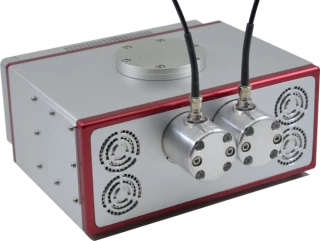
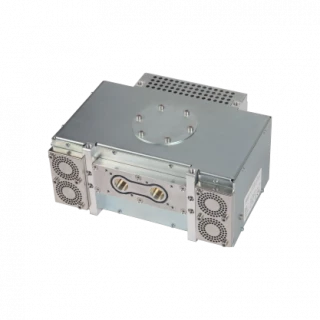
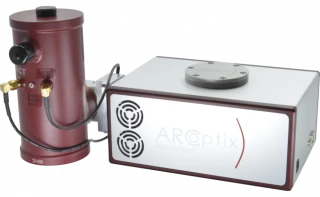
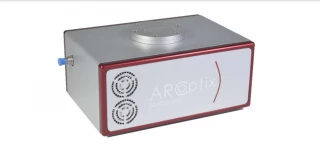
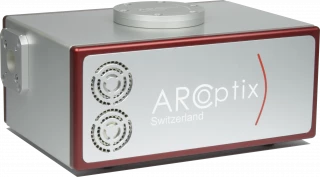
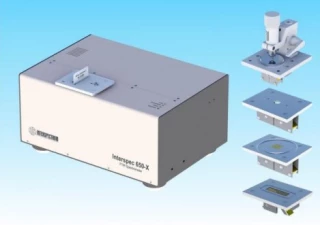
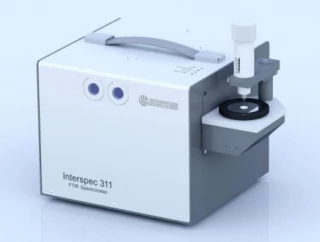
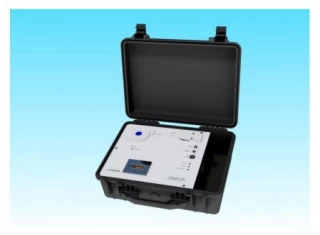
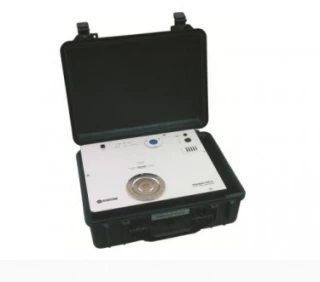
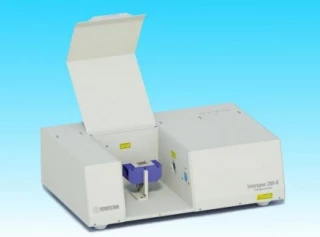
Your inquiry has been received.
Create an account by adding a password
Why create an account?
- Auto-complete inquiry forms
- View and manage all your past messages
- Save products to your favorites
- Close your account anytime — no hassle
